Graham Reid | | 2 min read
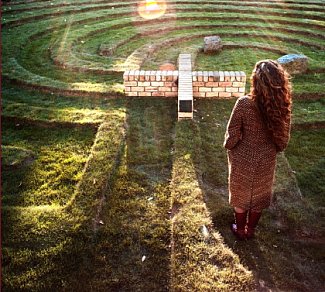
Here's an album which has had a considerable gestation period: about 13 years since Auckland singer, songwriter, vocal coach, columnist and poet was given a Creative NZ grant for a follow-up to her last original collection Aurere in 2004.
To be fair, there have been strange and difficult times for Smith since sessions for this began a decade ago.
There was voice-loss and a vocal cord cyst to be dealt with and, by her own account,“the diagnosis of nodules in November 2019 due to screaming to be heard in an abusive relationship”.
All that, her 12 years of sobriety, being legally blind since birth (the album has braille credits on the cover), self-doubt, faith and more have fed into these 14 songs which comes with a stellar cast of (mostly) jazz musicians such as keyboard players Kevin Field and Alan Brown, guitarist Dixon Nacey, drummer Nick Gaffaney, horns, backing vocalists . . .
And it is as musically and lyrically ambitious as that might suggest.
Touchstone references are obviously post-folk Joni Mitchell, but we could also add in Laura Nyro for the soul/jazz-pop edge in some of the best songs, Judee Sill (the bridge between singer-songwriter folk and jazz) and even Shona Laing when she moved into more supple jazz-influenced work (the New on Earth album of '92).
Binding the many threads of lyrical meaning together we hear Smith's footsteps between each track so we can metaphorically walk beside her on this journey to that destination of the title which – after the five minute-plus Walking to the Museum , literally a recording of the sound of just that – is Another Goodbye (“to add to the collection . . .”) written a decade ago when she was one month into sobriety.
The album opens with Grand Companion, at almost six minute the longest and most musically ambitious here . . . and perhaps an easier entry piece is the excellent slow-funk neo-soul piece Prayer for a Miracle.
Smith says a lot across these songs ( for example female independence on No Man's Land, the tear in a relationship with a self-centred and manipulative man on Tug O' War) but what carries the sometimes wordy lyrics is the strength of her songwriting, as on White Satin Dress which uses subtle dynamics and the occasional line in a conversational voice (as Mitchell did) to make an effortless segue from verse to pre-chorus.
In fact the centrepieces of this album – Prayer, White Satin Dress and the quiet, considered and timeless Held Like a Baby which gives pianist Field a spotlight – is where the warm heart of this album lies.
There is brittle jazz-rock here (Petty Cash) alongside the piano ballad Such a Waste where Smith looks at the personal cost of a damaging relationship in astute and poetic lyrics: “Lost inside each others arms, we'd lost all sense of gravity . . . so when it came time to separate and unravel each and every thread, stitch by stick we realised we'd become just like the walking dead . . .”
A relationship evaporated is exposed on the equally insightful and melodically slippery Fade into the Sun.
There is a lot to assimilate here on an album which reads as an integrated project more than just a collection of songs. And comes with an insert of her poetry.
Ambitious, personal (the sharp and angry funk Easier Said Than Done another among them) and, after a long delay, Caitlin Smith's major and brave statement.
You can read more about Caitlin Smith at her website here.

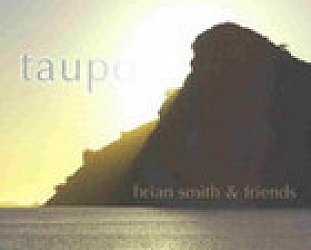
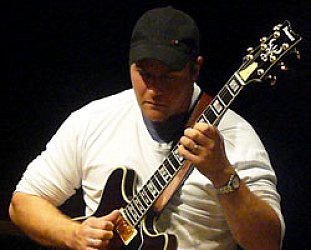
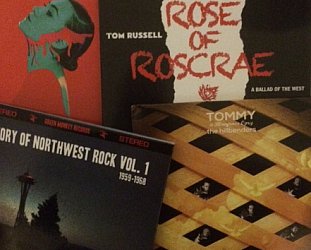
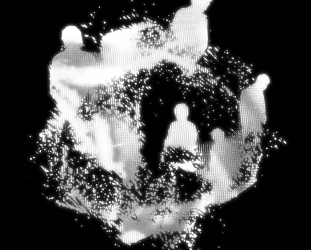
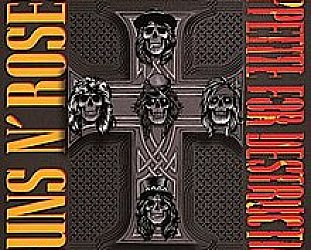
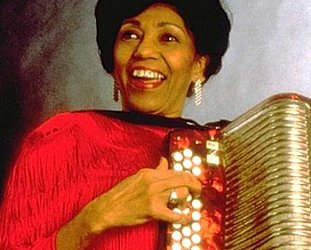
post a comment